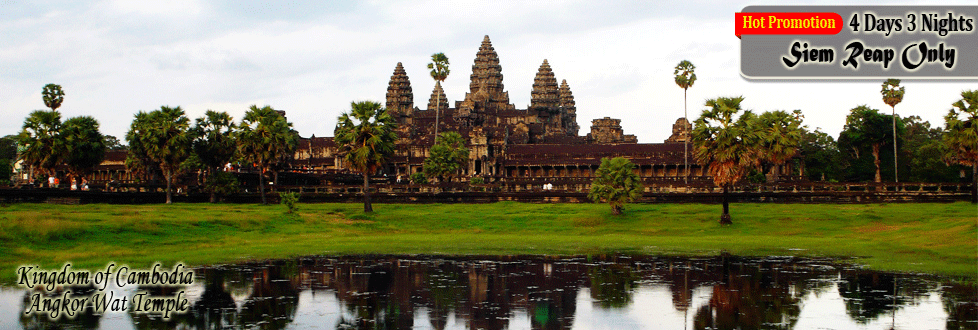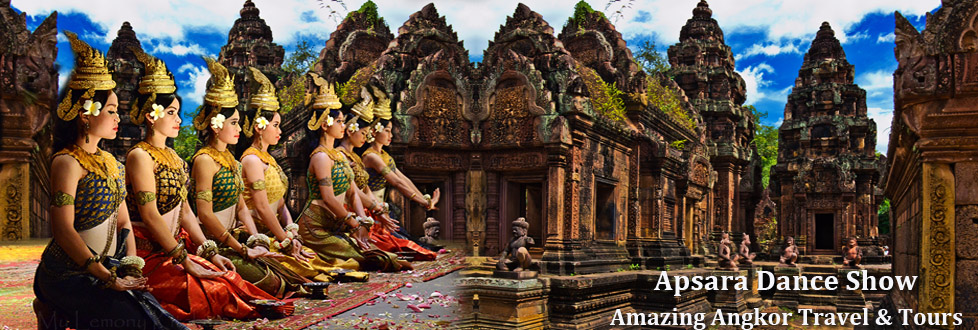EMBASSIES IN CAMBODIA
|
COUNTRY
Australia
Belgium
Canada
China
Denmark
France
India
Indonesia
Japan
Laos
Malaysia
N. Korea
Philippines
Russia
S. Korea
Sweden
Switzerland
Thailand
UK
USA
Vietnam
|
ADDRESS
Villa 11, St. 254
# 313 Sisowath
# 9-11 St.254
156, Mao Tse Toung
8, Street 352
1, Monivong Blvd.
# 5, Street 466
# 1, Street 466
# 194, Norodom
15-17, Mao Tse Toung
5, Street 242
39, Suramarit
33, Street 294
213, Sothearos
# 50-52, Street 242
8, Street 352
53D, Street 242
196, Norodom
27-29, Street 75
#1, Street 36
436, Monivong
|
TELLEPHONE
023 - 213 470
023 - 214 024
023 - 123 470
023 - 720 920
023 - 987 629
023 - 430 026
023 - 210 912
023 - 216 148
023 - 217 161
023 - 983 632
023 - 216 176
023 - 217 013
023 - 215 145
023 - 210 931
023 - 211 901
023 - 212 259
023 - 219 045
023 - 726 306
023 - 427 124
023 - 362 531
023 - 728 000
|
Note: Cambodia Country Code: 855
Government
The politics of Cambodia formally takes place according to the nation's constitution (enacted in 1993) in a framework of a parliamentary representative democratic monarchy, whereby the Prime Minister of Cambodia is the head of government, and of a multi-party system. Executive power is exercised by the government. Legislative power is vested in the two chambers of parliament, the National Assembly of Cambodia and the Senate.
Executive branch
The Prime Minister of Cambodia is a representative from the ruling party of the National Assembly. He or she is appointed by the King on the recommendation of the President and Vice Presidents of the National Assembly. In order for a person to become Prime Minister, he or she must first be given a vote of confidence by the National Assembly. The Prime Minister is officially the Head of Government in Cambodia. Upon entry into office, he or she appoints a Council of Ministers who are responsible to the Prime Minister. Officially, the Prime Minister's duties include chairing meetings of the Council of Ministers (Cambodia's version of a Cabinet) and appointing and leading a government. The Prime Minister and his government make up Cambodia's executive branch of government. The current Cambodian Prime Minister is Cambodian's People Party (CPP) member Hun Sen. He has held this position since the criticized 1998 election, one year after the CPP staged a bloody coup in Phnom Penh[1][2] to overthrow elected Prime Minister Prince Norodom Ranariddh, president of the FUNCINPEC party.
Legislative branch
The legislative branch of the Cambodian government is made up of a bicameral parliament. The National Assembly of Cambodia (Radhsaphea ney Preah Reacheanachak Kampuchea) has 123 members, elected for a five-year term by proportional representation. The Senate (Sénat) has 61 members. Two of these members are appointed by the King, two are elected by the lower house of the government, and the remaining fifty-seven are elected popularly by "functional constituencies." Members in this house serve a five-year term. The official duty of the Parliament is to legislate and make laws. Bills passed by the Parliament are given to the King who gives the proposed bills Royal Assent. The King does not have veto power over bills passed by the National Assembly (the lower house) and, thus, cannot withhold Royal Assent. The National Assembly also has the power to dismiss the Prime Minister and his government by a two-thirds vote of no confidence.
Senate
The upper house of the Cambodian legislature is called the Senate. It consists of sixty-one members. Two of these members are appointed by the King, two are elected by the lower house of the government, and the remaining fifty-seven are elected popularly by electors from provincial and local governments, in a similar fashion to the Senate of France. Members in this house serve six year terms. Elections were last held for the Senate in 1999. New elections were supposed to have occurred in 2004, but these elections were initially postponed. On January 22, 2006, 11,352 possible voters went to the poll and chose their candidates. This election was criticized by local monitoring non-governmental organizations as being undemocratic [1]. As of 2006, the Cambodian People's Party holds forty-three seats in the Senate, constituting a significant majority. The two other major parties holding seats in the Senate are the Funcinpec party (holding twelve seats) and the Sam Rainsy Party (holding two seats).
National Assembly
The lower house of the legislature is called the National Assembly. It is made up of 123 members, elected by popular vote to serve a five-year term. Elections were last held for the National Assembly in July 2008. In order to vote in legislative elections, one must be at least eighteen years of age. However, in order to be elected to the Legislature, one must be at least twenty-five years of age. The National Assembly is led by a President and two Vice Presidents who are selected by Assembly members prior to each session. As of 2009, the Cambodian People's Party holds a majority of the seats in the National Assembly, controlling 90 out of the 123 seats. The Sam Rainsy Party holds 26 seats and other parties hold the other 7 seats.
Cambodia Economic
The economy of Cambodia has seen rapid progress in the last decade. Per capita income, although rapidly increasing, is low compared with most neighbouring countries. The main domestic activity on which most rural households depend is agriculture and its related sub-sectors. Manufacturing output is varied but is not very extensive and is mostly conducted on a small-scale and informal basis. The service sector is heavily concentrated in trading activities and catering-related services. Reuters has reported that oil and natural gas reserves have been found off-shore.
During 1995, the government implemented firm stabilization policies under difficult circumstances. Overall, macroeconomic performance was good. Growth in 1995 was estimated at 7% because of improved agricultural production (rice in particular). Strong growth in construction and services continued. Inflation dropped from 26% in 1994 to only 6% in 1995. Imports increased as a result of the availability of external financing. Exports also increased, due to an increase in log exports. With regard to the budget, both the current and overall deficits were lower than originally targeted.
After four years of solid macroeconomic performance, Cambodia's economy slowed dramatically in 1997-98 due to the regional economic crisis, civil violence, and political infighting. Foreign investment and tourism fell off. Also, in 1998 the main harvest was hit by drought. But in 1999, the first full year of peace in 30 years, progress was made on economic reforms and growth resumed at 4%. The long-term development of the economy after decades of war remains a daunting challenge. The population lacks education and productive skills, particularly in the poverty-ridden countryside, which suffers from an almost total lack of basic infrastructure. Recurring political instability and corruption within government discourage foreign investment and delay foreign aid. On the brighter side, the government is addressing these issues with assistance from bilateral and multilateral donors.




.jpg)
.jpg)
.jpg)

.jpg)
.jpg)
.jpg)

.gif)

 Cambodia Visa & Passport
Cambodia Visa & Passport 


.png)
